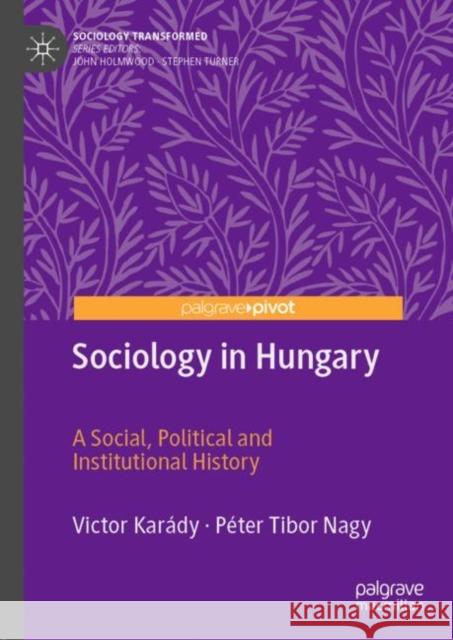Sociology in Hungary: A Social, Political and Institutional History » książka
topmenu
Sociology in Hungary: A Social, Political and Institutional History
ISBN-13: 9783030163020 / Angielski / Twarda / 2019 / 198 str.
Sociology in Hungary: A Social, Political and Institutional History
ISBN-13: 9783030163020 / Angielski / Twarda / 2019 / 198 str.
cena 201,24
(netto: 191,66 VAT: 5%)
Najniższa cena z 30 dni: 192,74
(netto: 191,66 VAT: 5%)
Najniższa cena z 30 dni: 192,74
Termin realizacji zamówienia:
ok. 16-18 dni roboczych.
ok. 16-18 dni roboczych.
Darmowa dostawa!
Kategorie:
Kategorie BISAC:
Wydawca:
Palgrave Pivot
Seria wydawnicza:
Język:
Angielski
ISBN-13:
9783030163020
Rok wydania:
2019
Wydanie:
2019
Ilość stron:
198
Waga:
0.40 kg
Wymiary:
21.01 x 14.81 x 1.27
Oprawa:
Twarda
Wolumenów:
01
Dodatkowe informacje:
Wydanie ilustrowane











